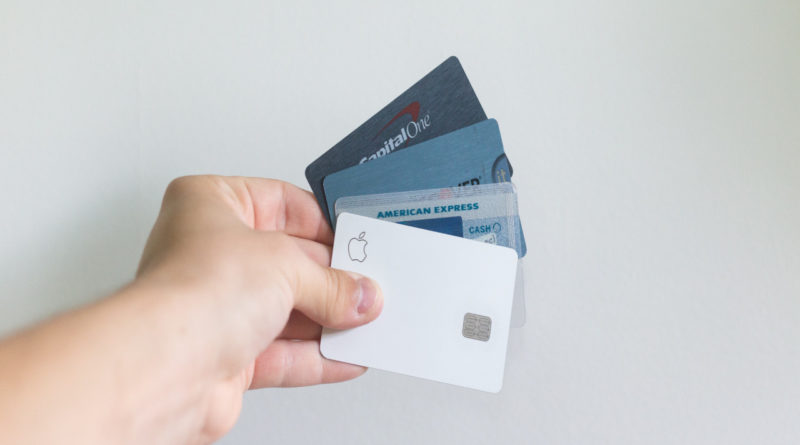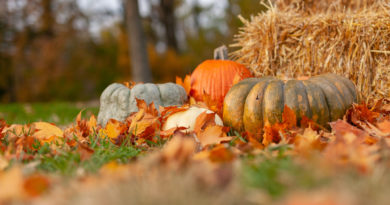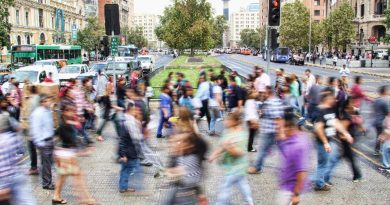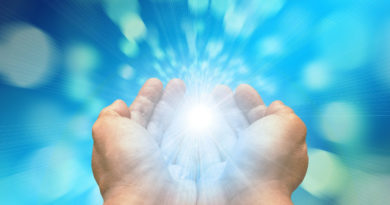Should You Share Your Body With Strangers?
We associate the word “conservation” with environmental protection, reduced use of natural resources and slowing down climate change. It doesn’t apply to us, personally. Or does it?
We are products of our ecosystem, each of us sort of a mini-replica of it. We too have natural resources and our wellbeing depends on wise management of them.
Now, the funny thing about us humans is that we take a lot for granted and become aware of the fact that nothing is, only after experiencing a malfunction or loss. Ignoring facts doesn’t make them any less sobering.
We have a limited lifespan and throughout our lives, we are vulnerable to diseases, accidents and more. Of course, in addition to a healthy diet and lifestyle, wise health management and regular physicals – which can detect and enable your doctor to treat health problems early – are the best ways to maintain good health. Still, every then and again, any one of us may need not only medical care but “replacement parts”. And it’s here that the word “conservation” comes in.
No matter how healthily you might eat and live, at some point your life may depend on someone’s blood, body part or organ.
I realize that the above may sound disturbing. But the point I’m making shouldn’t be.
The ecosystem is interdependent. People are interdependent as well. Each of us is a part of a collective we count on and which counts on us.
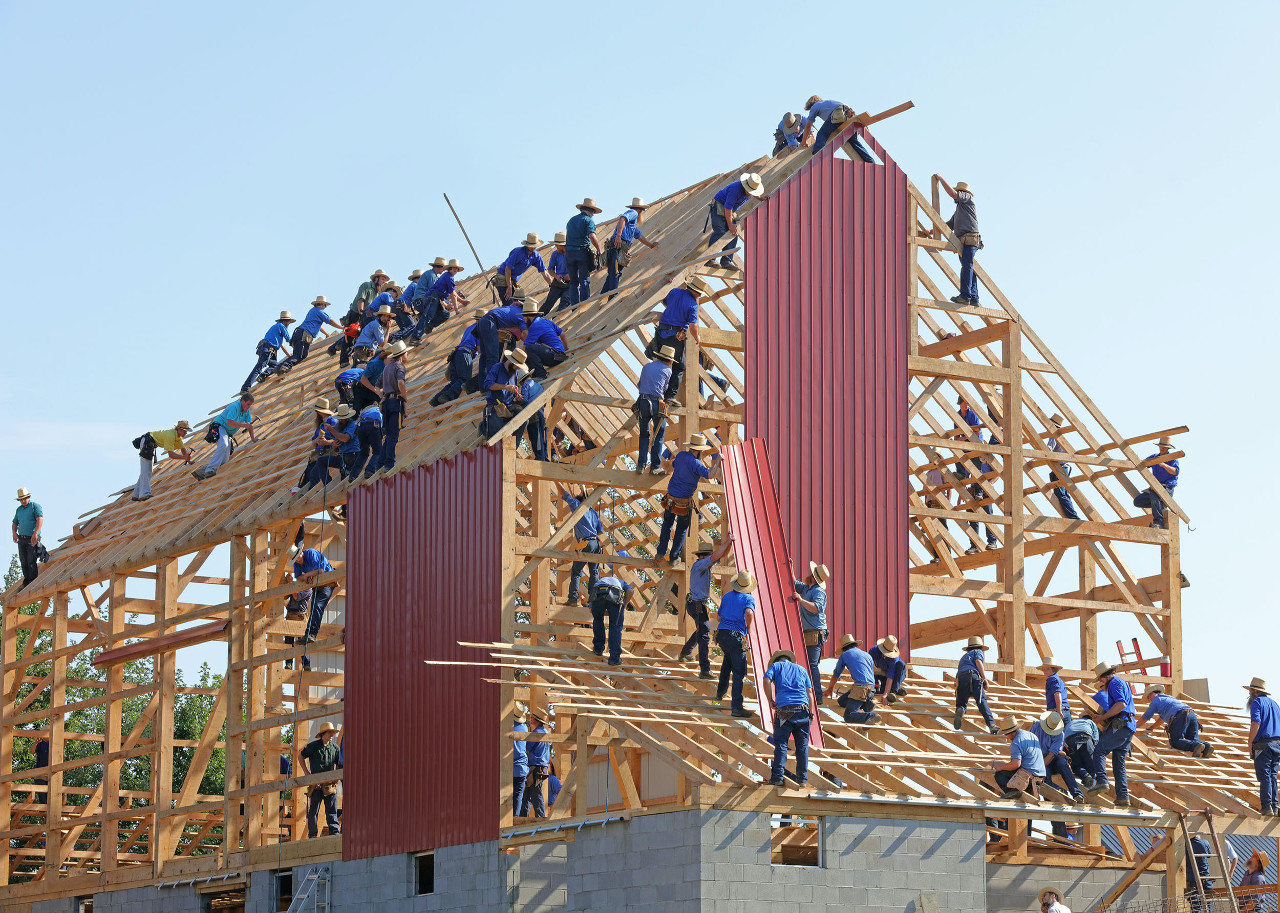
Bottom line: entitlement stands in direct proportion to contribution. Share on X
Many of us are already marking the box for posthumous organ donation on a driver’s license. But there is plenty you can do while alive and way before you or someone you love desperately needs compatible blood type or organ. Consider becoming a LIVING donor.
I’m not about to “push” anyone to become an organ donor because donating an IRREPLACEABLE body organ is a very personal decision. (An organ is a limited natural resource.)
However, there are other vital contributions we can make which involve our RENEWABLE natural resources. (Our bodies automatically replenish the supply of blood and stem cells / bone marrow, for instance.)
We all depend on fresh air and clean drinking water. We do better in moderate temperatures and with as few natural disasters as possible. We have to do all we can to stop climate change and environmental destruction. Stepping up for natural environment isn’t a courtesy but a duty.
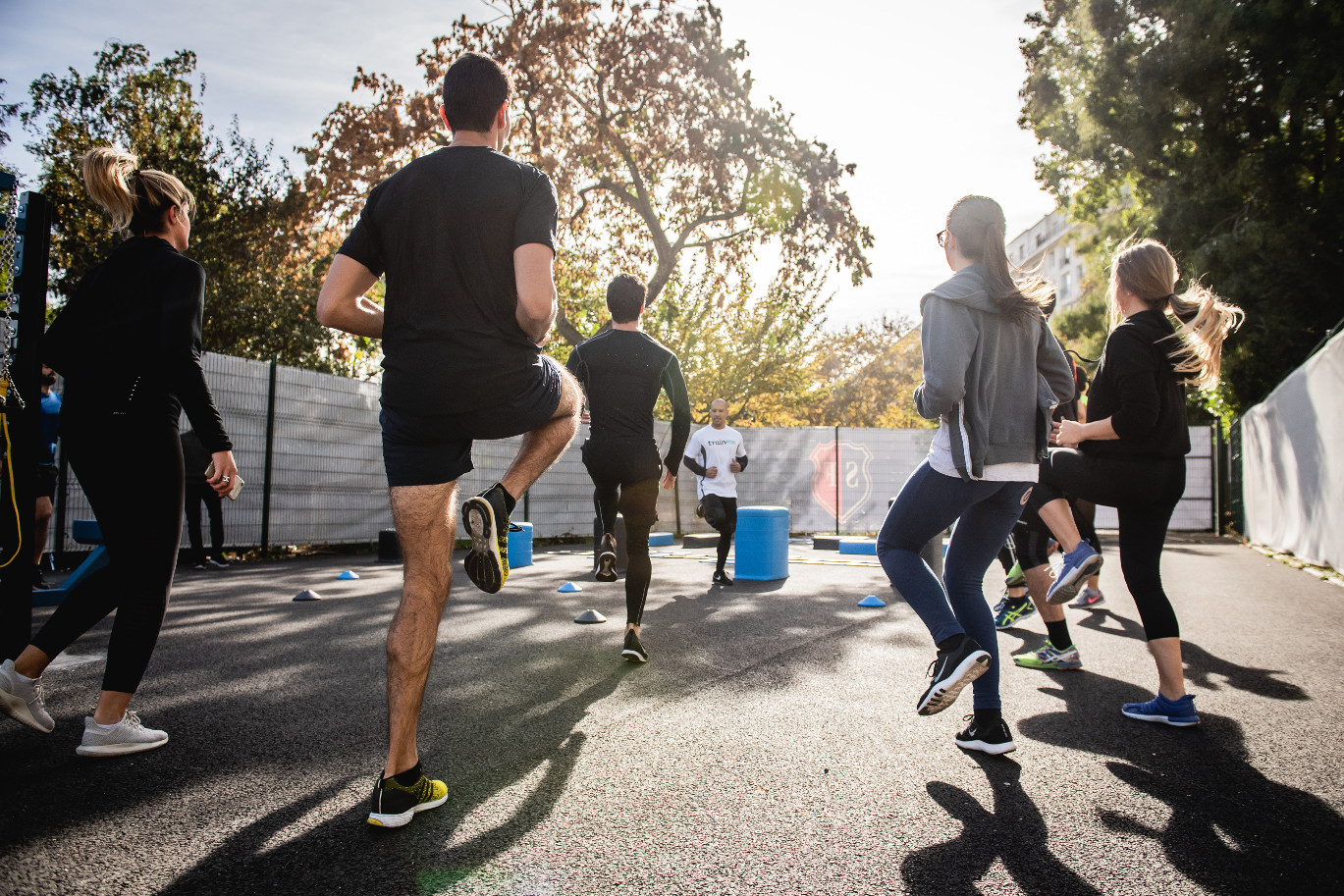
We owe to the ecosystem because it sustains us. We owe to people because we need them as much as the ecosystem. Is donating vital, renewable body’s resources an act of altruism or should it be considered a moral obligation to the collective we’re a part of?….
Photo credits in chronological order (from the top):
Avery Evans on Unsplash
Randy Fath on Unsplash
Gabin Vallet on Unsplash

